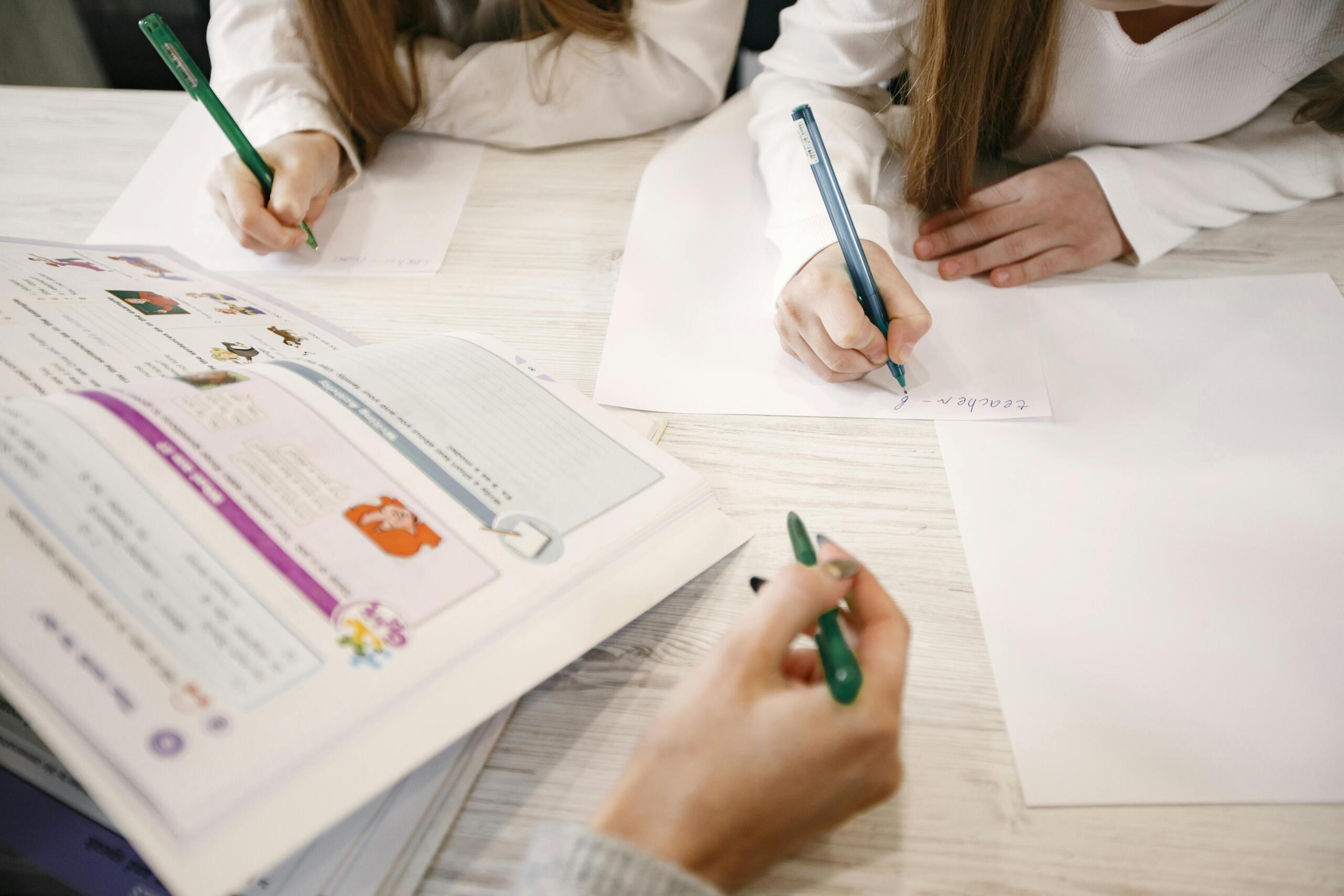In South Africa, the average 15-year-old can expect between 1 and 2 hours of homework per day. Interestingly, in countries where homework is regularly set, learners’ academic performance does not generally improve.
This, however, does not mean that homework is meaningless.
For instance, homework can be used to consolidate what the student has been exposed to in the classroom and even help them to apply that knowledge. Generally speaking, homework increases every year, with matric learners receiving far more than primary school learners.
5 hours of homework per week is the average for students in countries which form part of the Organisation for Economic Co-operation and Development (OECD). In China, learners face up to 14 hours per week, but their PISA results are not much better than countries which average between 3 and 6 hours per week.
Homework is a contentious subject with arguments for and against it.
Some say no homework should be assigned, while others ask, “Should homework be banned over weekends?" and “Should homework be limited to a maximum of three nights per week?”
But how much homework should be allocated and what are the reasons for homework?

Primary School Homework
Primary school learners should really not be burdened with many hours of homework. However, it would be a good idea for them to go over the day’s classwork, even if it’s only revising some times tables or reading a passage covered in class.
In SA, children spend between 24 and 27.5 hours per week at school, with no less than 3 hours on any given day. The school day generally starts at 08:00 and ends at 14:30 for primary schools, and around 15:00 for high schools. Some schools have slightly longer days, to allow for electives and extra-mural activities. The school day is also punctuated by at least two intervals (breaks), one close to 10:00 and the other some time after 12 noon.
Work set for completion outside of school, must take into account the level of difficulty of the exercise, the ages of learners and the level that they’re at.
Little Ones (Including Grade Rs)
Pre-schoolers and Foundation Phase learners (Grade R to Grade 3) will learn to count, read and write. While their days will be filled with learning, they must also be allowed to relax, which aids concentration. It is often recommended that they enjoy a break and a snack before they attempt any school work.
Between the ages of 6 and 7, most learners will require the help of their parents as they proceed with their homework tasks and do revision.
Is your child tired or struggling at school?
Rather than formal at-home study sessions, try activities that help them see homework as fun, not as a chore. Ask them about school tasks while preparing a meal or rehearse adding up in twos or counting up to 100 at bath time, for instance.
Foundation Phase (Grades 1 - 3)

Should homework be limited to a maximum of three nights a week? Teachers should seriously consider the reasons for giving homework to very young learners.
Children should still not come home with very much homework, and when they have home assignments, allow them to have a little break and a snack before they settle down to work on their tasks.
It is always good for parents to be present at homework time, but learners should be allowed some autonomy when doing their homework, with parents only being called on when necessary. Of course, when they reading aloud, you will supervise and correct them!
It's always best to steer clear of assigning homework over weekends. However, if you have no other option, learners can set aside some time on a Saturday or Sunday for homework.
Intermediate Phase (Grades 4 -6)
In this phase, children face a great deal of change as the number of subjects increases from the three in the Foundation Phase to six, with the biggest leap occurring at Grade 4 level. At some schools, the change is even more challenging because, for the first time, the learner may be receiving tuition from more than one teacher.
This may result in the learner being allocated homework in more than one subject, with little consultation between teachers, in the worst-case scenario.
In the best situations, teachers will work out a schedule so as not to over-burden learners on any one day.
High School Learners and Homework
Homework becomes more important when learners reach high school. Grade 8 is a very important step for many children. They have to adapt to a new, usually bigger school, as well as the concept of having multiple teachers, as opposed to just one. On top of that, they may have to change classrooms for different subjects and find their way around not-too-familiar surroundings.
There’s a lot to cope with in that first year.
Because of how busy the final two years of high school in South Africa are, learners can expect to face far more homework. Teachers are under great stress to complete a very full curriculum and, so, some schools start with matric work at the end of the Grade 11 year already.
Because the Grade 12 year is extremely short, learners are expected to do far more revision and completion of notes on their own, so no real minimum can be applied to matric learners.
The idea is never to tire learners out to the state of exhaustion or despair, and, thus, the amount of homework and its purpose must always be carefully considered, especially at high school level, where learners have multiple teachers.
A private tutor may be exactly what they need when they prepare for exams, because this support can help bring about a calm, ordered approach to revision and study. They will also help learners stay on top of things, so that they don’t fall behind and add to the pressure that’s on them already.
Studying at College or Varsity

Like at matric level, this is where learners either sink or swim.
Their survival skills are important, and if they have been disciplined about completing homework diligently, they should not find it very hard to continue at this level, where independent work is the order of the day.
This is especially true if some of it involves accessing particular computer software programmes to complete tasks which involve calculations and setting up of spreadsheets. These tasks are set to provide consolidation of whatever was covered during their lectures. In some cases, students also have to research particular topics in preparation for a lecture. The amount of time they then spend completing their research will, of course, depend on the speed at which they read and how quickly they can access the relevant information.
Here are some tips for getting the most out of your homework sessions.
If you need support for your student son or daughter, or even yourself, seriously consider getting help from a skilled private tutor, like those registered on Superprof. They will tailor-make your assistance, in terms of homework help and general academic support, in South Africa or wherever you find yourself in the world.
Depending on your preferences, you can opt for tutoring online, face-to-face or in a small group. Each option has its own advantages and disadvantages, so you'll need to carefully consider which option is the right one for you and your budget.
Don't forget: Most Superprof tutors offer the first lesson free of charge. Make use of these sessions to check out more than one tutor, before you make your final selection.
So, connect with one of the fantastic tutors on Superprof to get guidance as early as you can and set yourself up for a fantastic year of learning!
Join the discussion. Do you think homework is necessary?
Summarise with AI:


















